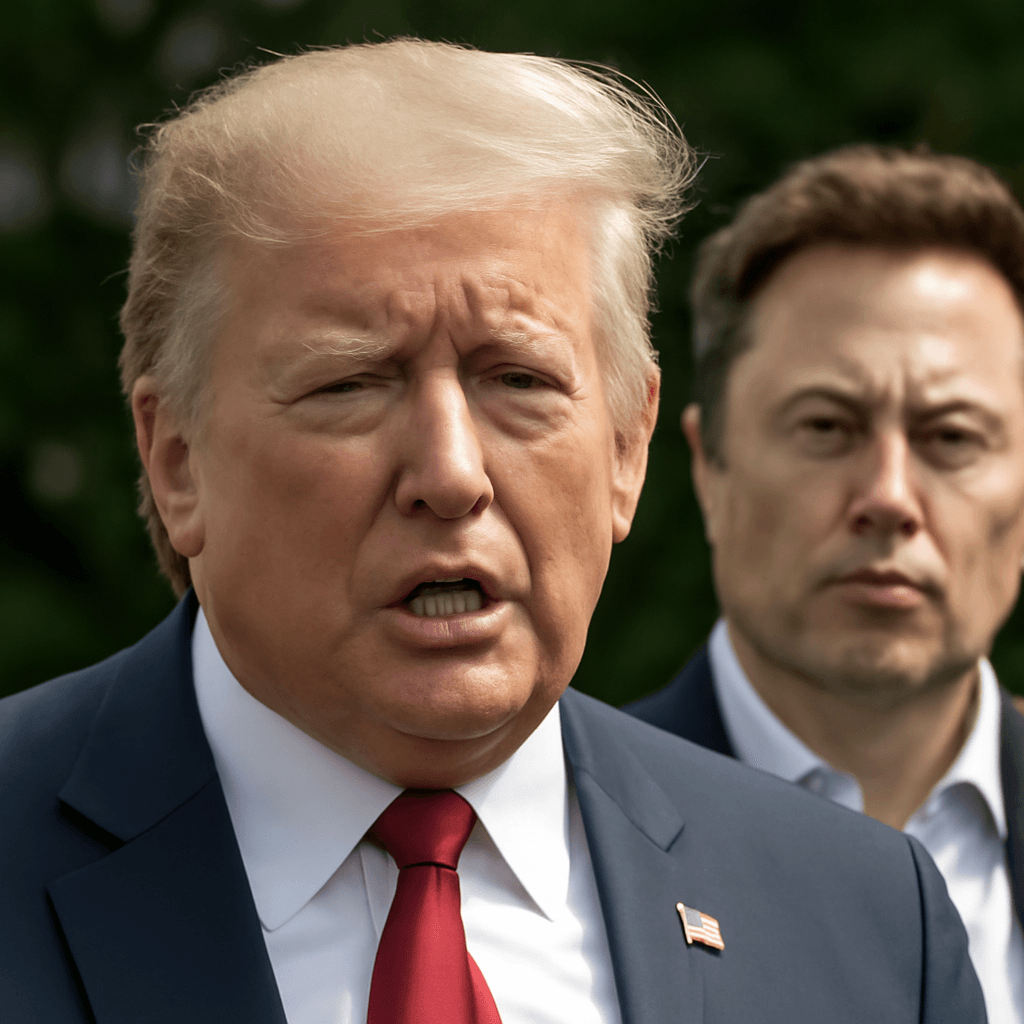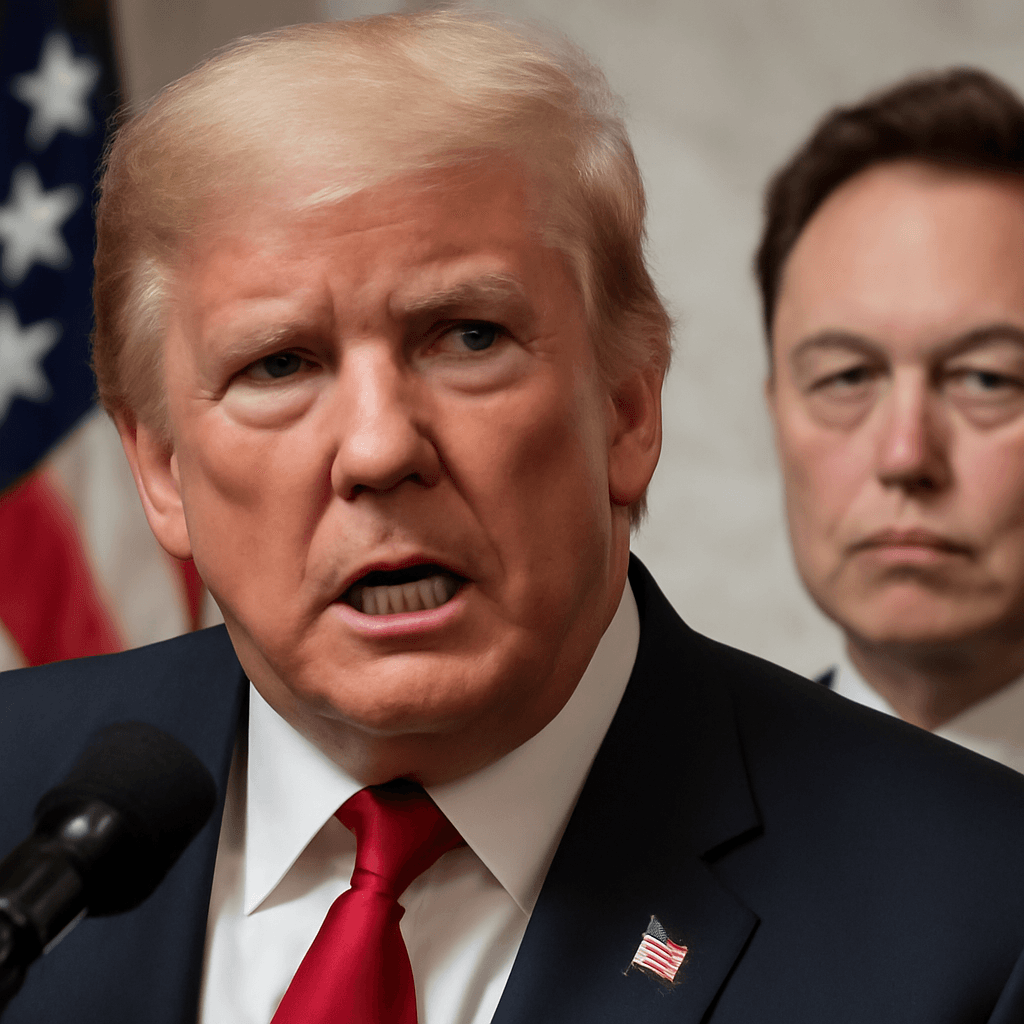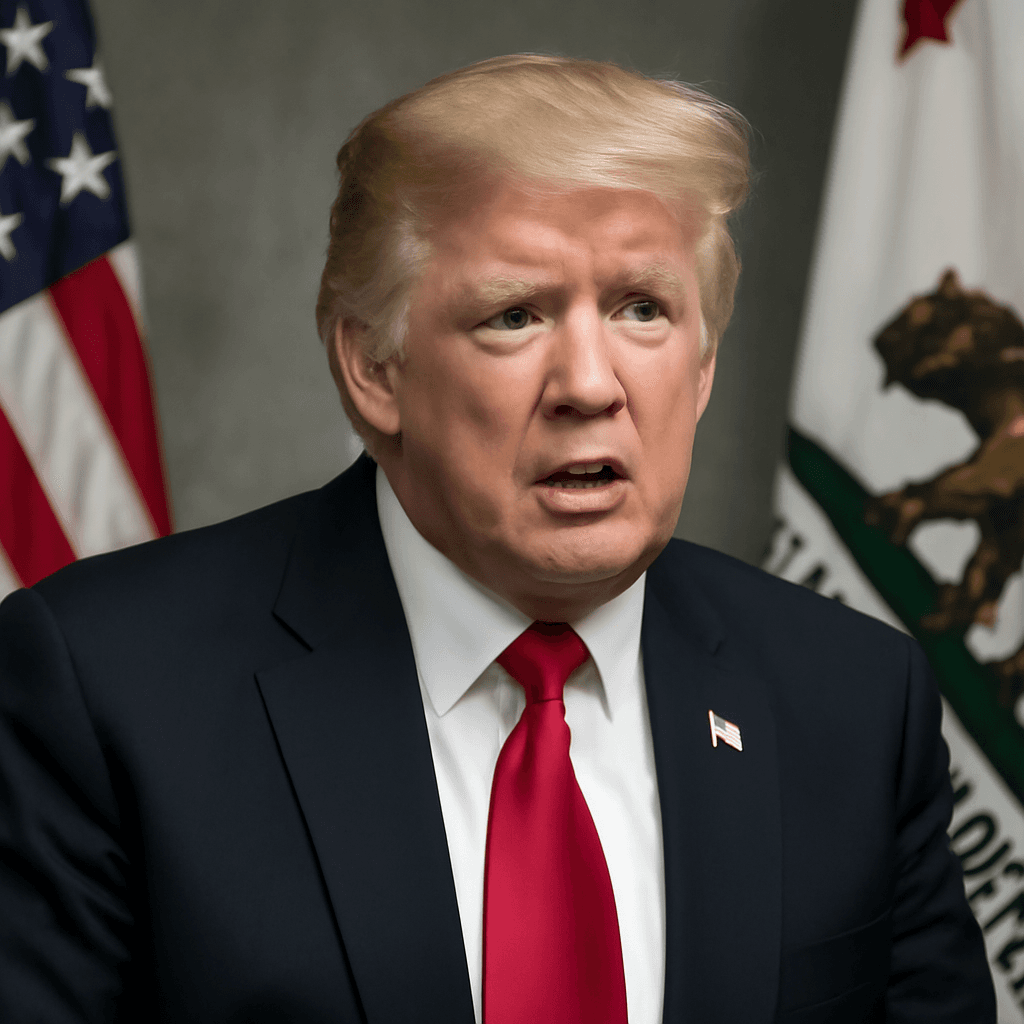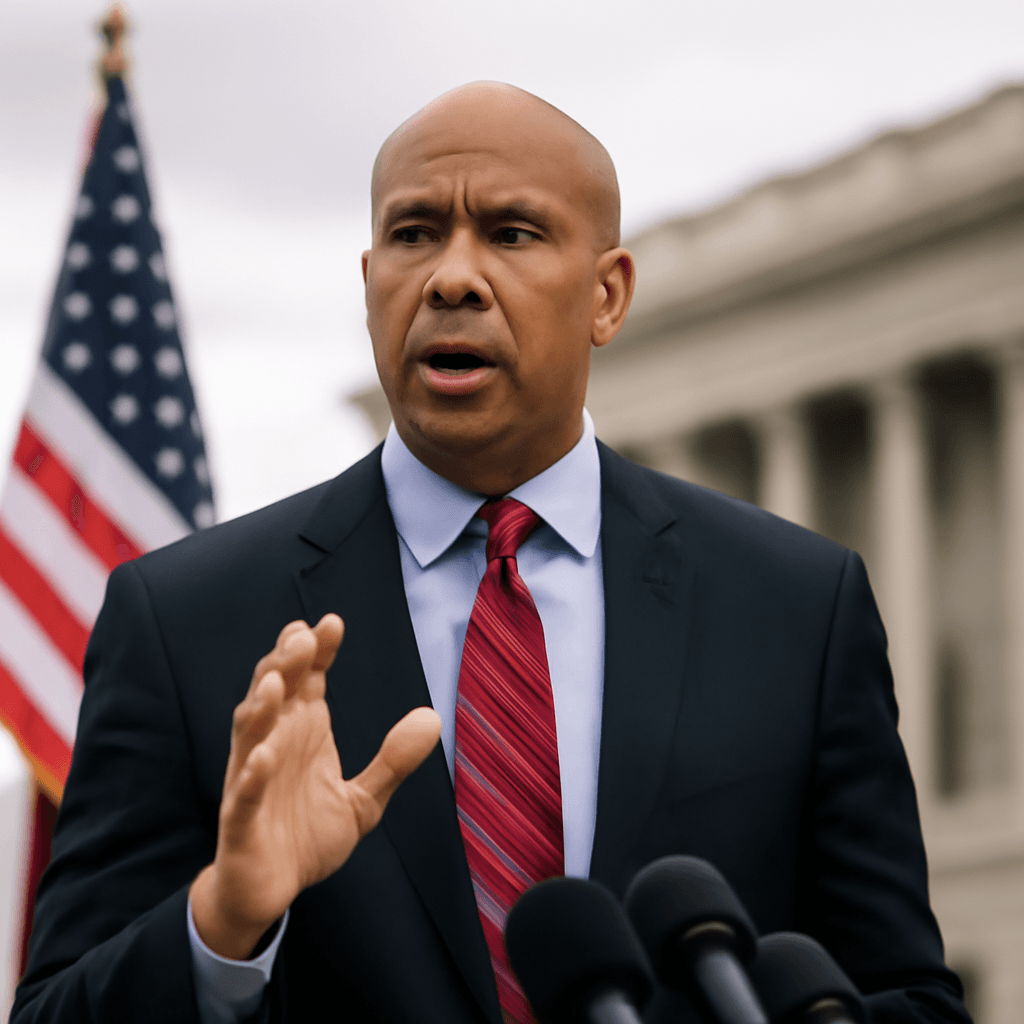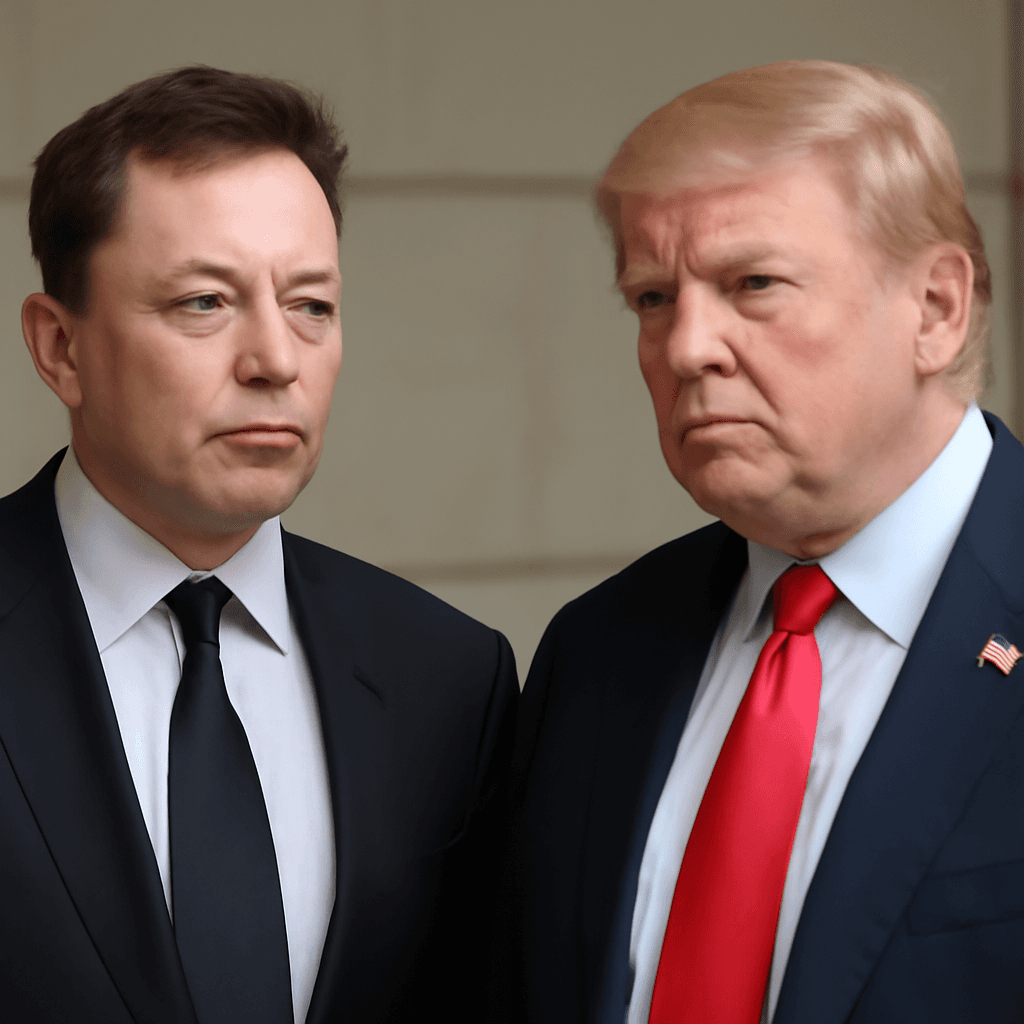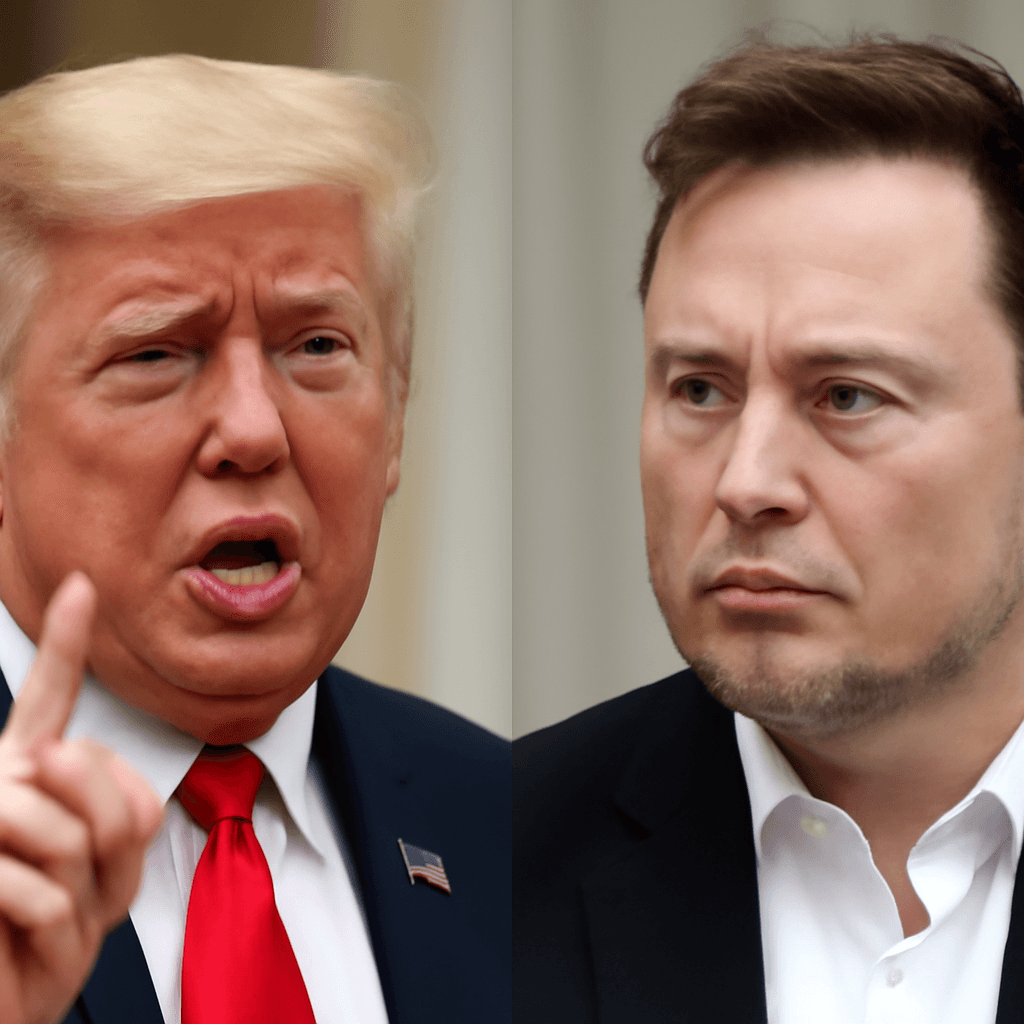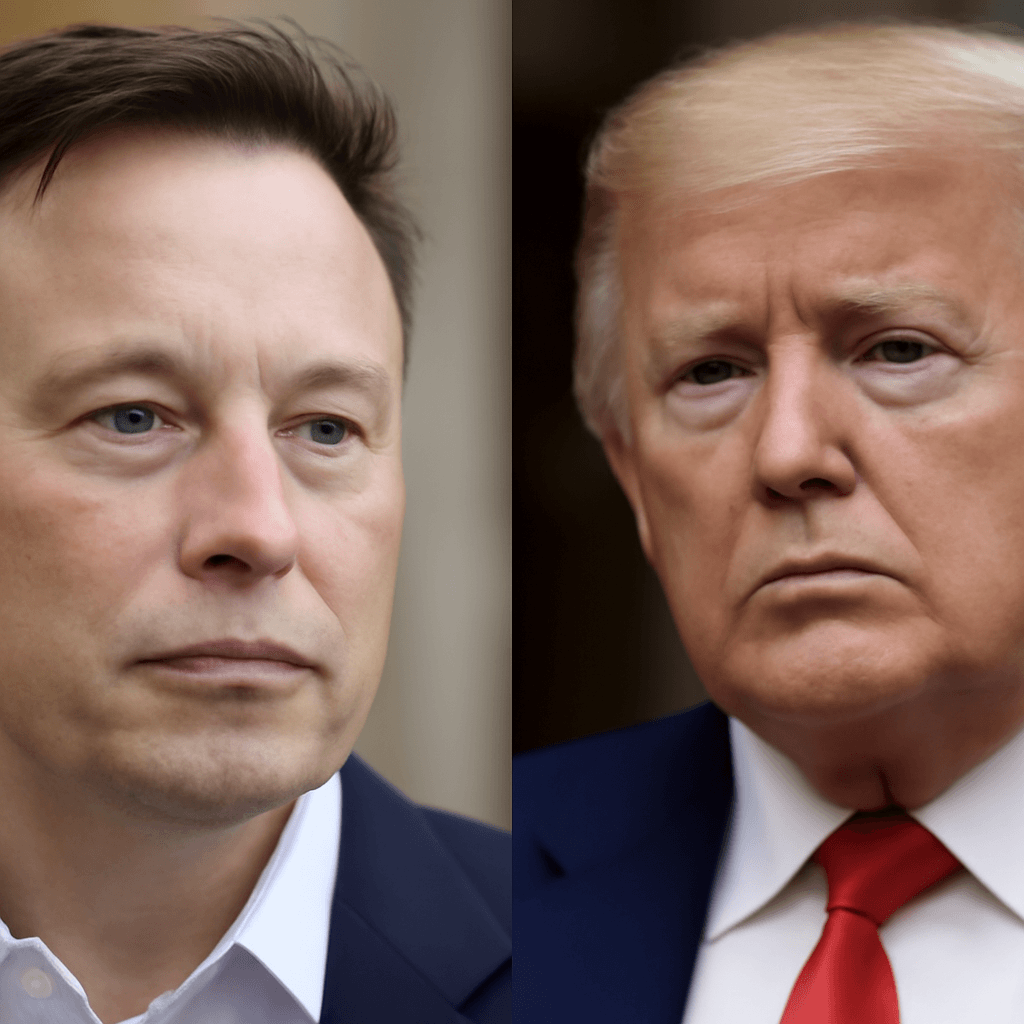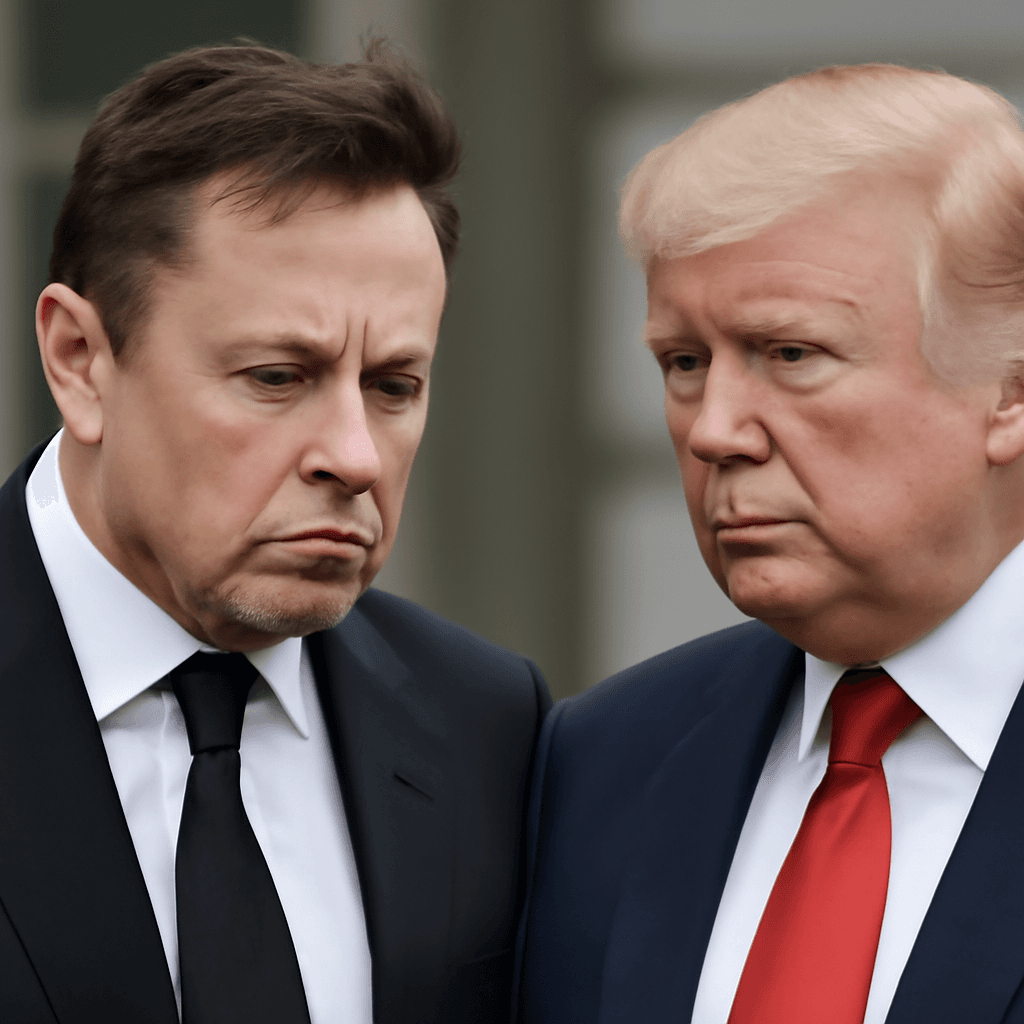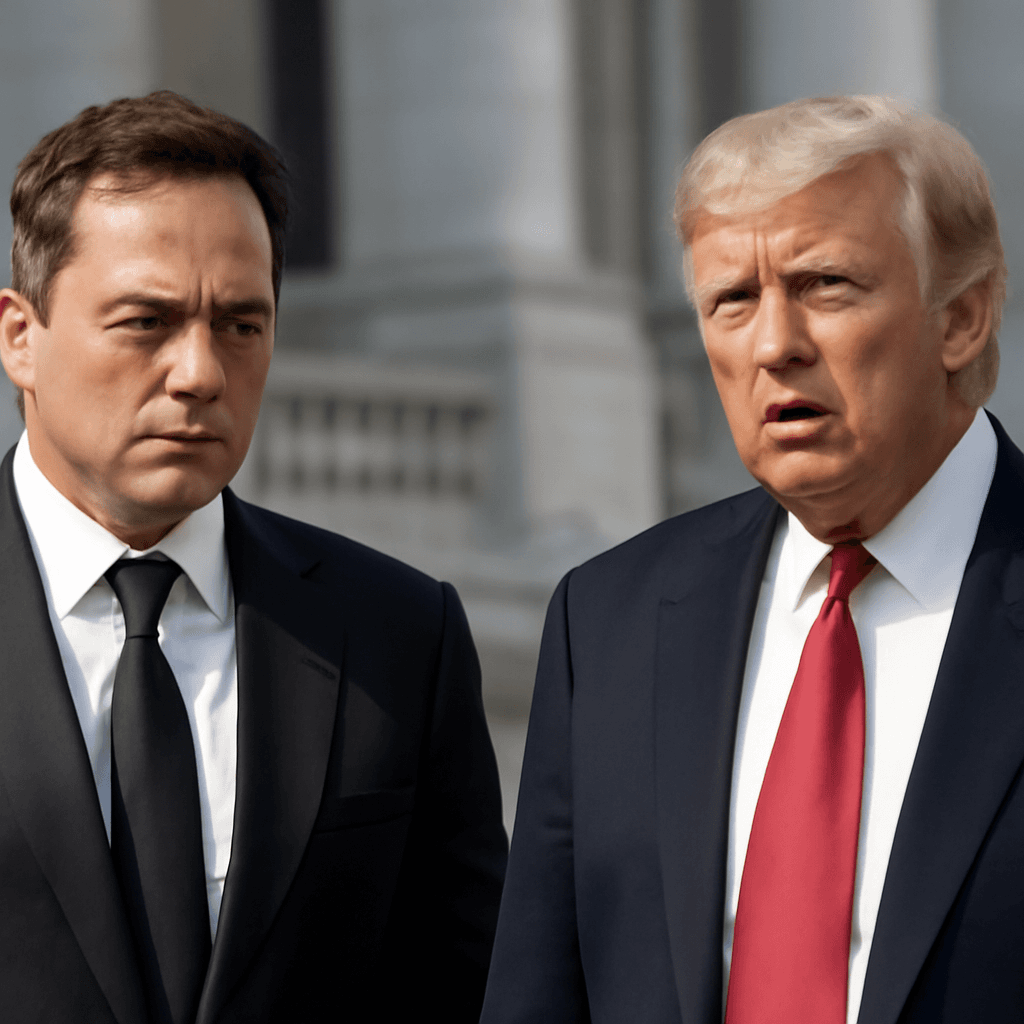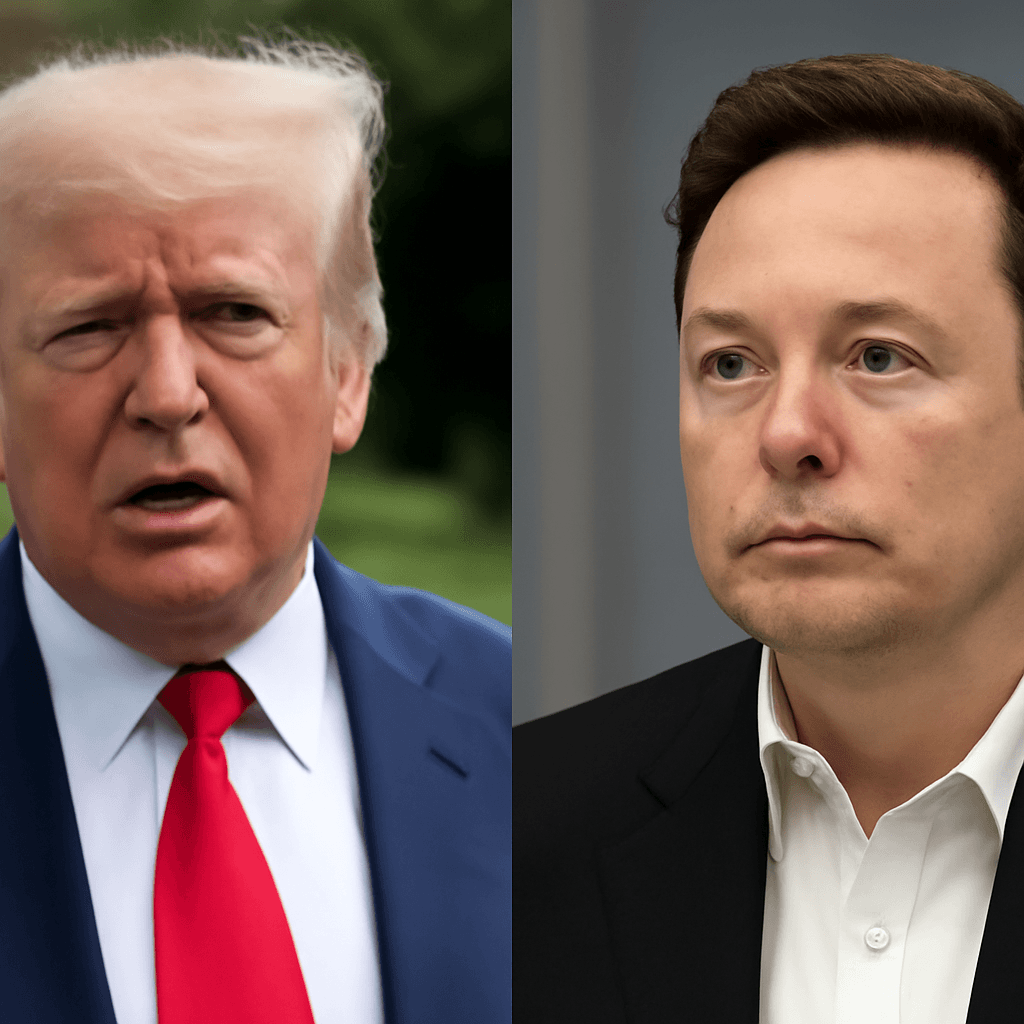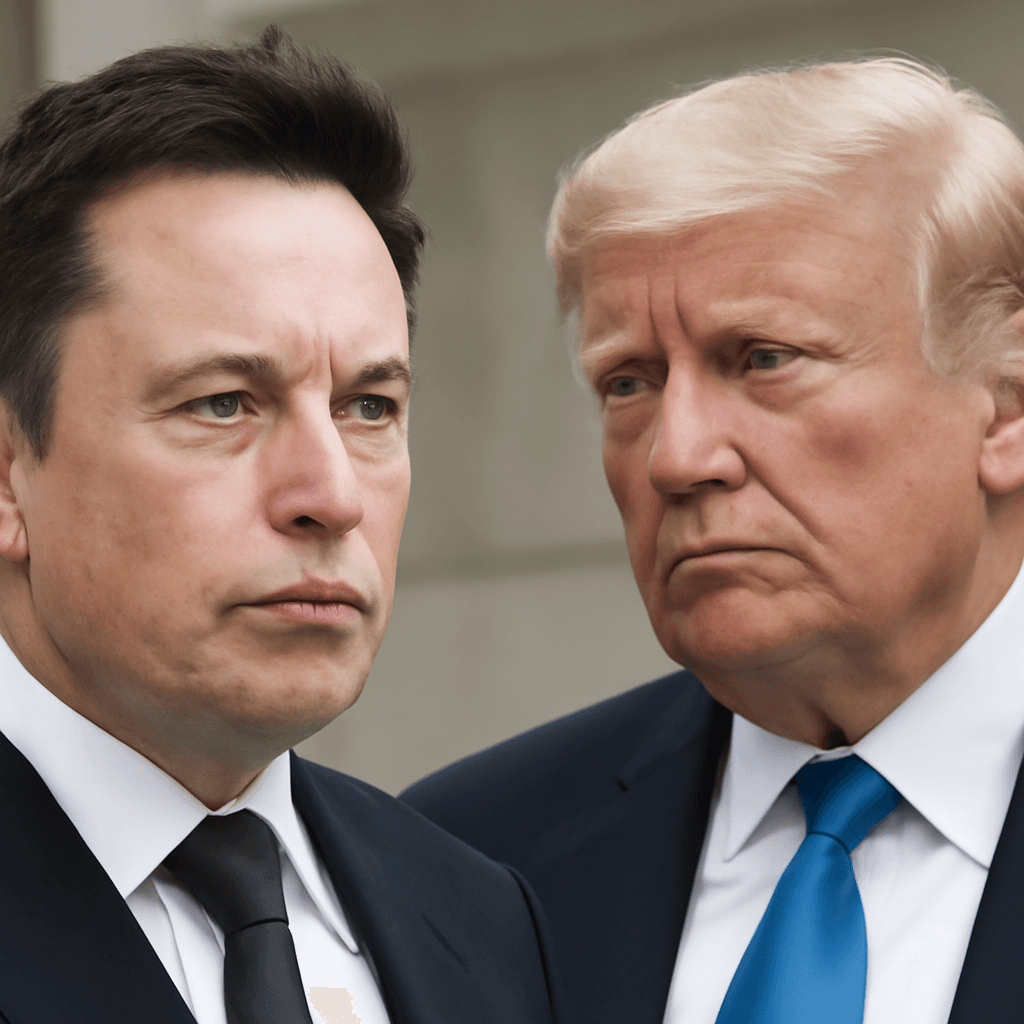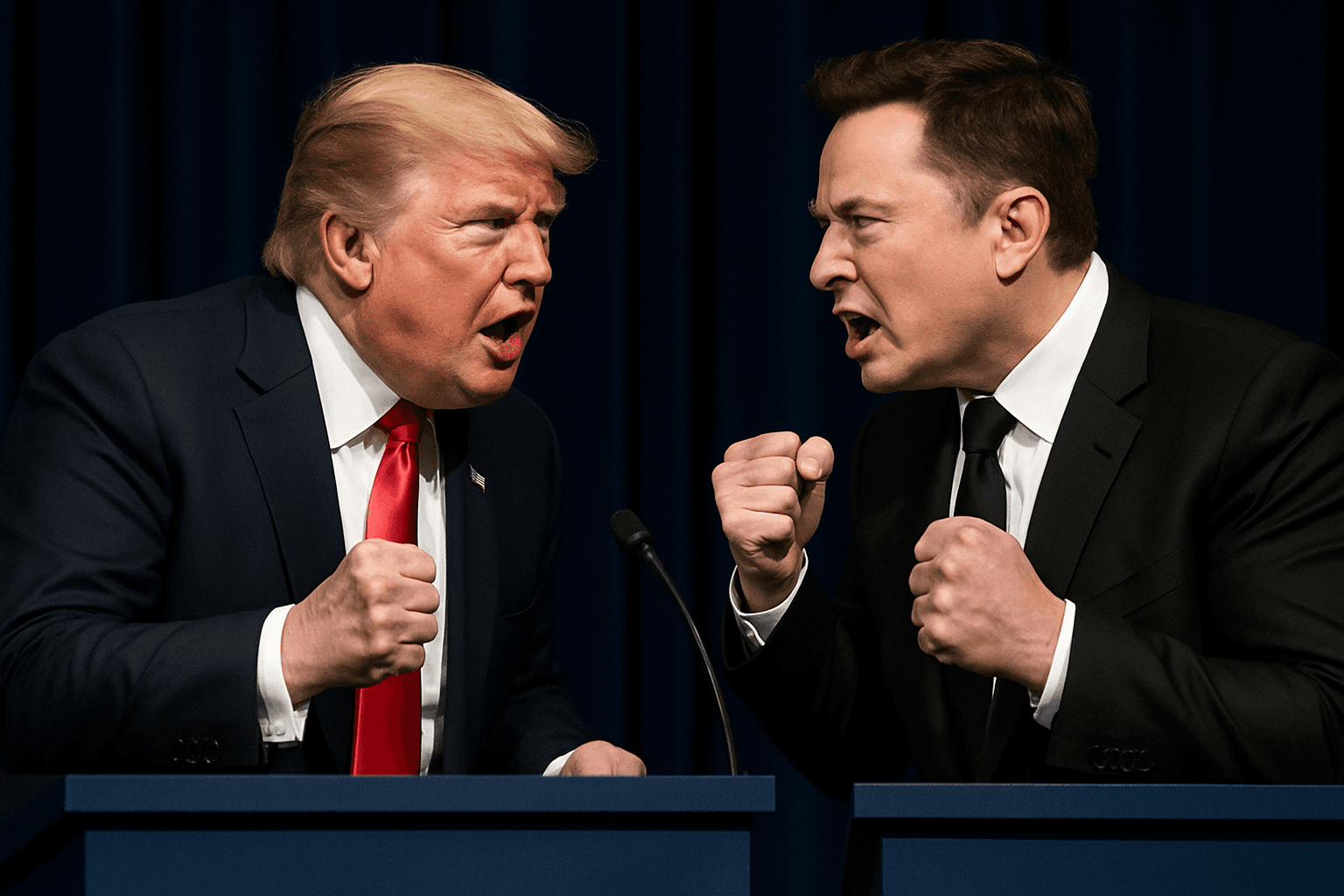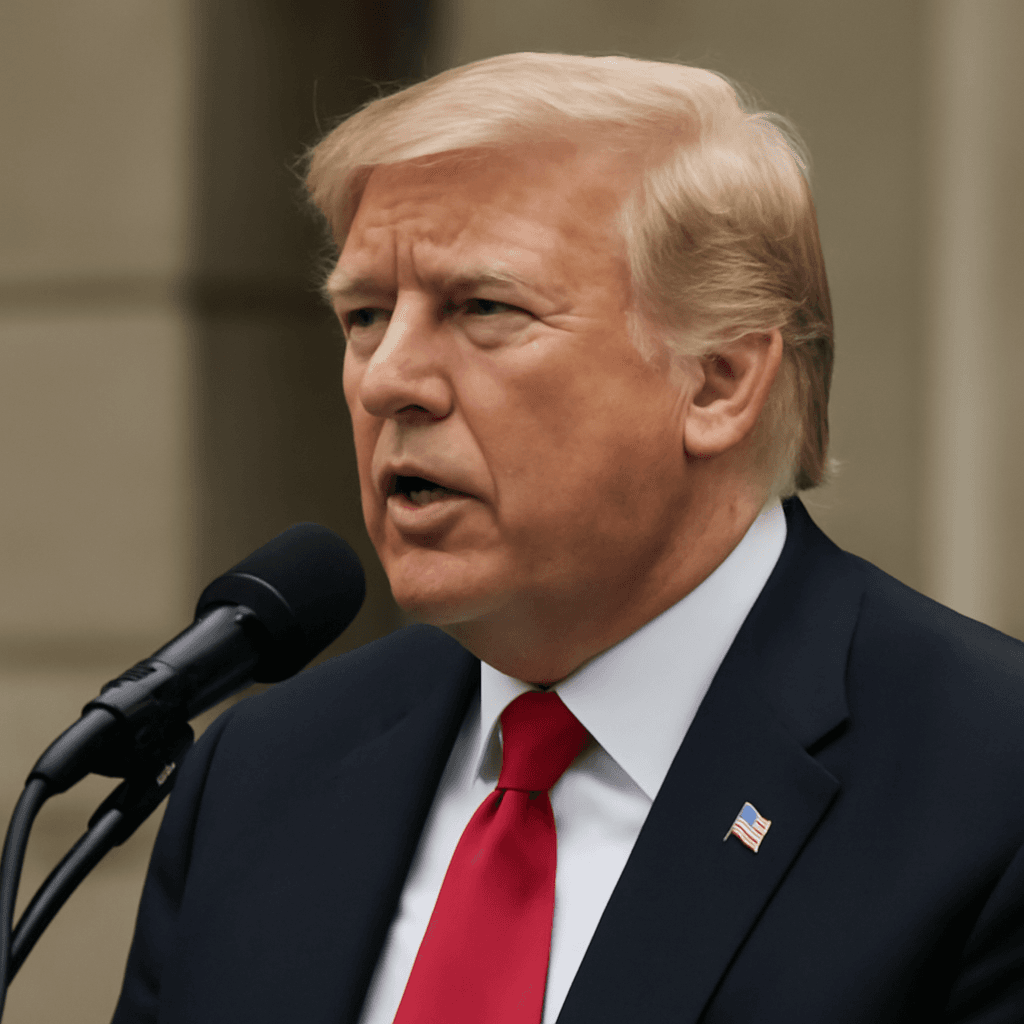Trump Accuses Elon Musk of 'Trump Derangement Syndrome'
In a recent public exchange highlighting tensions between two influential figures, former US President Donald Trump described billionaire Elon Musk as suffering from "Trump Derangement Syndrome." The remark came after Musk criticized Trump’s proposed tax and spending legislation, calling it a "disgusting abomination" and even suggesting impeachment.
Trump expressed disappointment in Musk’s comments during a White House Oval Office appearance, noting their previously positive relationship when Musk led the Department of Government Efficiency (DOGE) until May 31 before departing to focus on his private ventures.
Trump stated: "He hasn’t said bad things about me personally, but I’m sure that will be next. I helped Elon a lot, and we had a great relationship. But I don’t know if that will continue."
Trump also downplayed Musk’s financial support during the 2024 presidential election campaign, asserting he could have won key states, like Pennsylvania, without it.
Defining 'Trump Derangement Syndrome'
The term "Trump Derangement Syndrome" (TDS) broadly refers to a perceived mental condition characterized by an exaggerated or irrational opposition to Donald Trump’s policies or persona. It implies a loss of logical reasoning due to intense negative feelings toward the former president.
The origin of the phrase is linked to a 2003 term "Bush Derangement Syndrome," coined to describe similar intense opposition to President George W. Bush. It was defined as "an acute onset of paranoia in otherwise normal people in reaction to the policies, the presidency – nay – the very existence of George W. Bush." The adapted phrase for Trump aims to capture similar phenomena among Trump critics.
This term is frequently used by Trump supporters to describe what they perceive as irrational animosity from his detractors, framing opposition as driven more by emotion than reasoned debate.
Minnesota Bill Recognizes 'Trump Derangement Syndrome' as Mental Condition
Earlier in 2025, a legislative proposal in Minnesota, introduced by five Republican state senators, sought to formally define "Trump Derangement Syndrome" within state law as a form of mental illness.
The bill proposed defining it as the "acute onset of paranoia in otherwise normal persons that is in reaction to the policies and presidencies of President Donald J. Trump." It also outlined symptoms including "Trump-induced general hysteria," characterized by an inability to differentiate between legitimate policy criticism and perceived pathological behavior by Trump.
While the bill attracted attention and debate, its introduction reflects the continuing cultural and political polarization surrounding Donald Trump’s legacy and the reactions he evokes.
Implications of the Term in Political Discourse
The use of "Trump Derangement Syndrome" illustrates the deep divisions in current political dialogue. It serves both as a critique from Trump supporters towards his opponents and as a symbol of escalating partisanship.
Public figures like Musk criticizing Trump have triggered strong rebuttals, demonstrating the sensitivity around the term. The mutual accusations point to a growing trend where political disagreements are framed as psychological or pathological issues rather than policy debates.
Key Takeaways:
- Elon Musk criticized Trump’s tax and spending bill, calling for impeachment.
- Trump labeled Musk as suffering from "Trump Derangement Syndrome" during a public address.
- "Trump Derangement Syndrome" originated as a term describing intense opposition viewed as irrational.
- A Minnesota bill attempted to codify TDS as a form of mental illness.
- The term reflects polarized political discourse and the framing of opposition as irrational.

